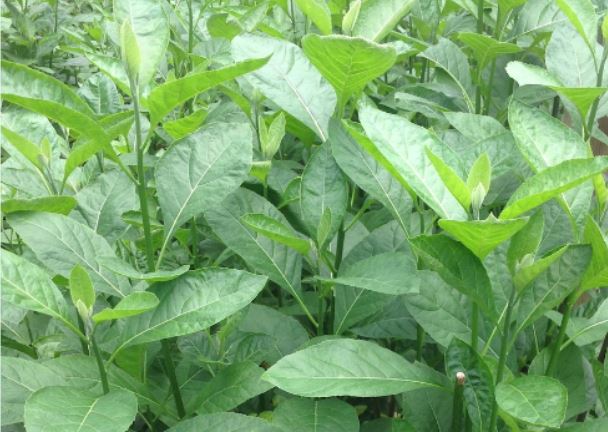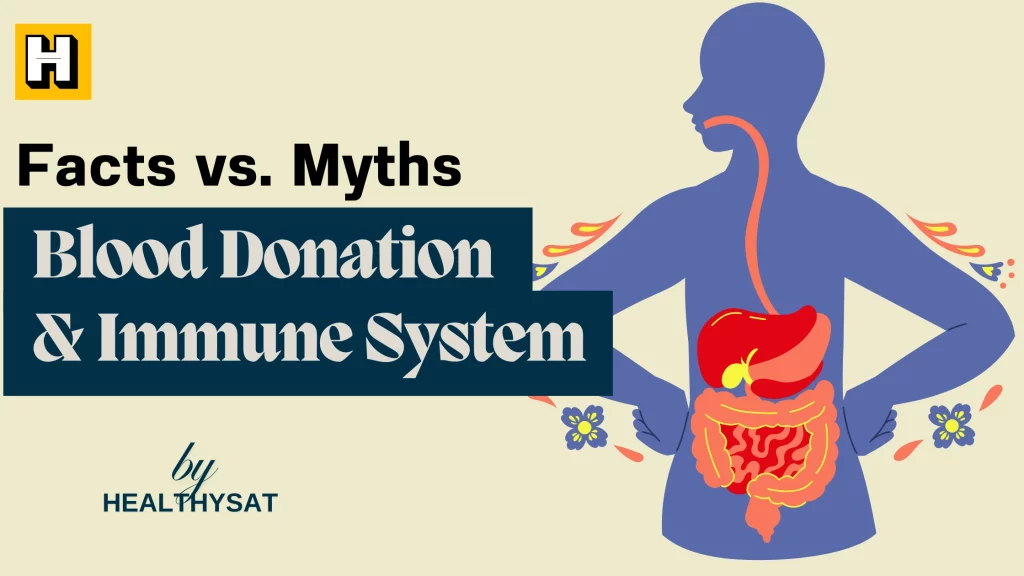Bitter leaf, also known as Vernonia amygdalina, is a plant native to Africa and Asia. It is widely used in traditional medicine and is known for its many health benefits. Bitter leaf tastes bitter and is often used in cooking as a flavoring agent. However, its benefits go beyond its use in the kitchen. This article will explore the many benefits of bitter leaf and its potential side effects.
What is Bitter Leaf?
Bitter leaf is a herb found in many parts of Africa and Asia. It is known for its bitter taste and is often used in traditional medicine to treat various health conditions. Bitter leaf is rich in vitamins, minerals, and antioxidants that can help boost the immune system and promote overall health.
Bitter Leaf Benefits
1. Boosts the Immune System
One of the main benefits of bitter leaf is that it can help boost the immune system. Bitter leaf is rich in antioxidants that can help protect the body against free radicals and other harmful substances. It is also rich in vitamin C, which is known to help boost the immune system.
2. Treats Malaria
Bitter leaf is also known for its antimalarial properties. Studies have shown that bitter leaves can help reduce the symptoms of Malaria and even help prevent the disease from occurring in the first place.
3. Reduces Inflammation
The bitter leaf contains compounds that have anti-inflammatory properties. These compounds can help reduce inflammation throughout the body, which can help reduce the risk of many chronic diseases, such as heart disease, diabetes, and cancer.
4. Lowers Blood Sugar
Bitter leaf has been shown to have hypoglycemic effects, which can help lower blood sugar levels. This makes it an effective treatment for diabetes and a useful tool for managing blood sugar levels in people without the condition.
5. Treats Respiratory Infections
Bitter leaf has been shown to have antimicrobial properties, which means that it can help fight off infections caused by bacteria and other microorganisms. It is particularly effective in treating respiratory infections like bronchitis and pneumonia.
6. Aids digestion
Bitter leaf is also known for its digestive properties. It can help stimulate the production of digestive juices and enzymes, which can help improve digestion and alleviate symptoms of indigestion, such as bloating, gas, and constipation.
- Does Releasing Sperm Make You Lose Weight
- Is Zobo Drink Good for Pregnant Women?
- How to Prevent the Common Cold: A Complete Guide to Staying Healthy and Fighting Illnesses
- 5 Best Cream for Dark Skin In Nigeria
- Can Ampiclox Destroy Pregnancy
7. Promotes Healthy Skin
The bitter leaf contains compounds that can help promote healthy skin. It is rich in antioxidants that can help protect the skin against free radicals and other harmful substances. It also contains vitamins and minerals that can help nourish the skin and promote a healthy, glowing complexion.
8. Aids Weight Loss
Bitter leaf has been shown to have weight loss properties. It can help reduce appetite and increase metabolism, which can help promote weight loss. It is also low in calories, making it a great addition to any weight-loss diet.
Bitter Leaf Side Effects
While bitter leaf has many benefits, it can also have some side effects. These include:
1. Nausea
Some people may experience nausea after consuming bitter leaves. This is particularly true for people not accustomed to the bitter taste.
2. Diarrhea
Bitter leaves can also cause diarrhea in some people. This is because it contains compounds that have laxative properties.
3. Allergic Reactions
Some people may have an allergic reaction to bitter leaves. Symptoms of an allergic reaction may include itching, swelling, redness, and difficulty breathing. If you experience these symptoms after consuming bitter leaves, seek medical attention immediately.
4. Lowers Blood Pressure
Bitter leaf has been shown to have hypotensive effects, which can lower blood pressure. While this can benefit people with high blood pressure, it can be dangerous for people with low blood pressure. If you have low blood pressure, you should avoid consuming bitter leaf or speak with a healthcare provider before doing so.
How to Use Bitter Leaf
Bitter leaf can be consumed in a variety of ways. In some cultures, it is consumed raw as a salad or boiled and eaten as a vegetable. It can also be brewed into tea or used as a flavoring agent in cooking. Bitter leaf supplements are also available in the form of capsules and powders.
When using bitter leaves, starting with small amounts and gradually increasing the dosage over time is important. This can help your body adjust to the bitter taste and reduce the risk of side effects.
Conclusion
Bitter leaf is a powerful herb that has many health benefits. It can help boost the immune system, treat Malaria, reduce Inflammation, lower blood sugar, treat respiratory infections, aid digestion, promote healthy skin, and aid weight loss.
However, it can also have side effects like nausea, diarrhea, allergic reactions, and lowering blood pressure. If you consider using the bitter leaf for medicinal purposes, speaking with a healthcare provider first is important.
FAQs
1. Can bitter leaf cure diabetes?
While bitter leaf has been shown to have hypoglycemic effects, it cannot cure diabetes. It can, however, help manage blood sugar levels in people with and without diabetes.
2. Is bitter leaf safe for pregnant women?
There is not enough research on the safety of bitter leaves during pregnancy. Pregnant women should speak with a healthcare provider before consuming bitter leaves.
3. Can bitter leaves be used to treat cancer?
While bitter leaf contains anti-inflammatory and antioxidant compounds, there is not enough evidence to support its use as a treatment for cancer.
4. Can bitter leaf be used to treat high blood pressure?
Bitter leaf has been shown to have hypotensive effects, which can lower blood pressure. It may be an effective treatment for people with high blood pressure, but it can be dangerous for people with low blood pressure.
5. Can bitter leaves be used as a natural remedy for acne?
The bitter leaf contains compounds that can help promote healthy skin, but insufficient evidence supports its use as a natural remedy for acne. It is always best to speak with a dermatologist before using any natural remedies for acne.
6. How should bitter leaves be prepared for consumption?
Bitter leaf can be consumed raw or cooked, depending on your preference. It can be used in salads, soups, stews, and other dishes. It can also be brewed into tea or taken as a supplement in capsule or powder form.
7.Can bitter leaf help with weight loss?
Bitter leaf has been shown to affect weight loss by increasing metabolism and positively reducing appetite. However, it is important to remember that no single herb or supplement can guarantee weight loss. A healthy diet and exercise plan are still the best ways to achieve and maintain a healthy weight.







